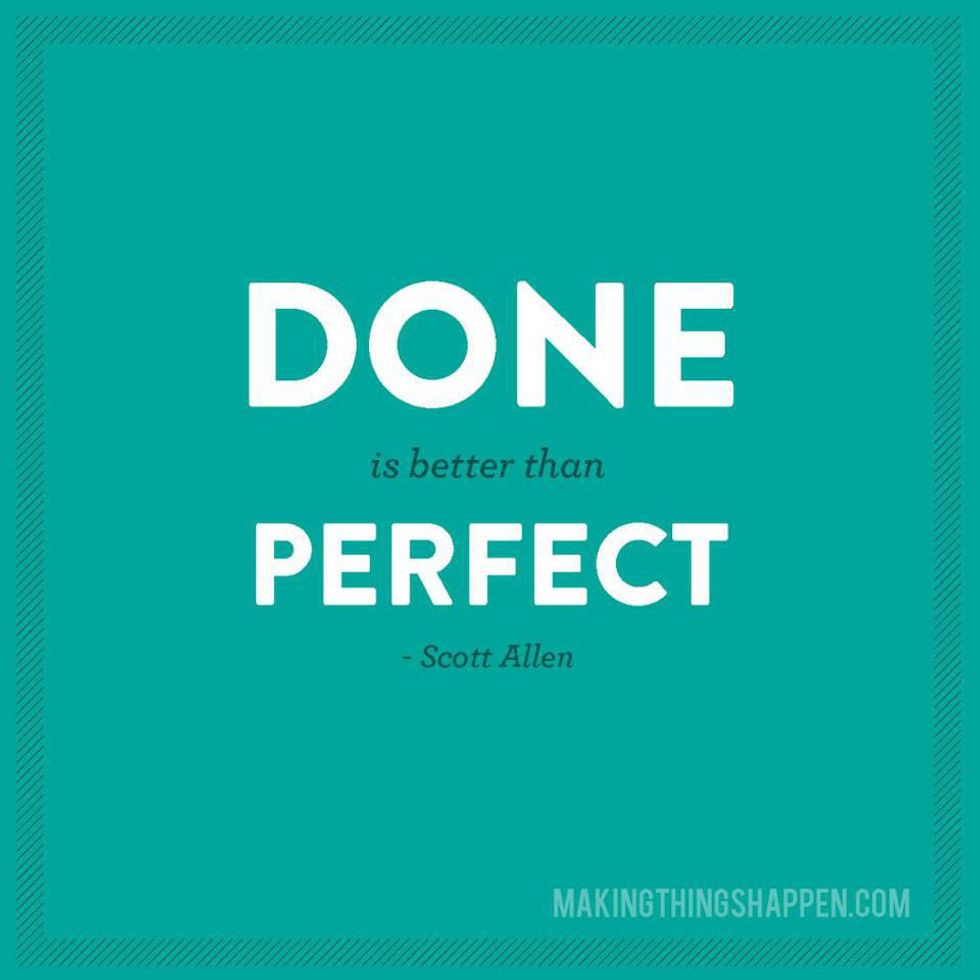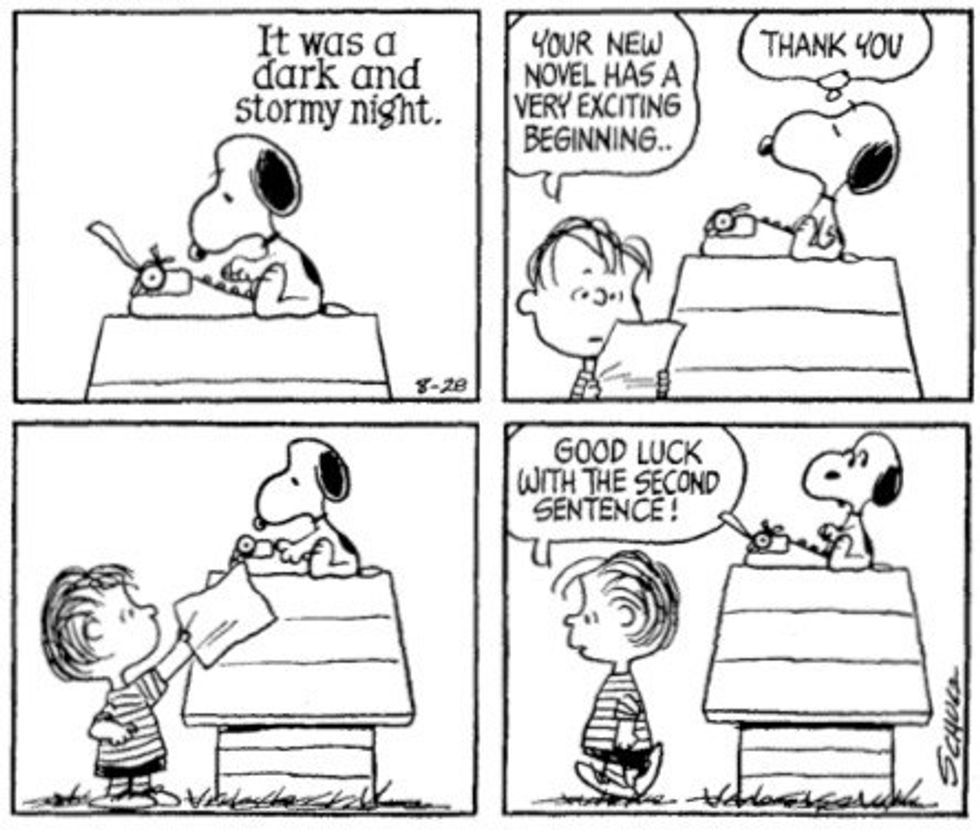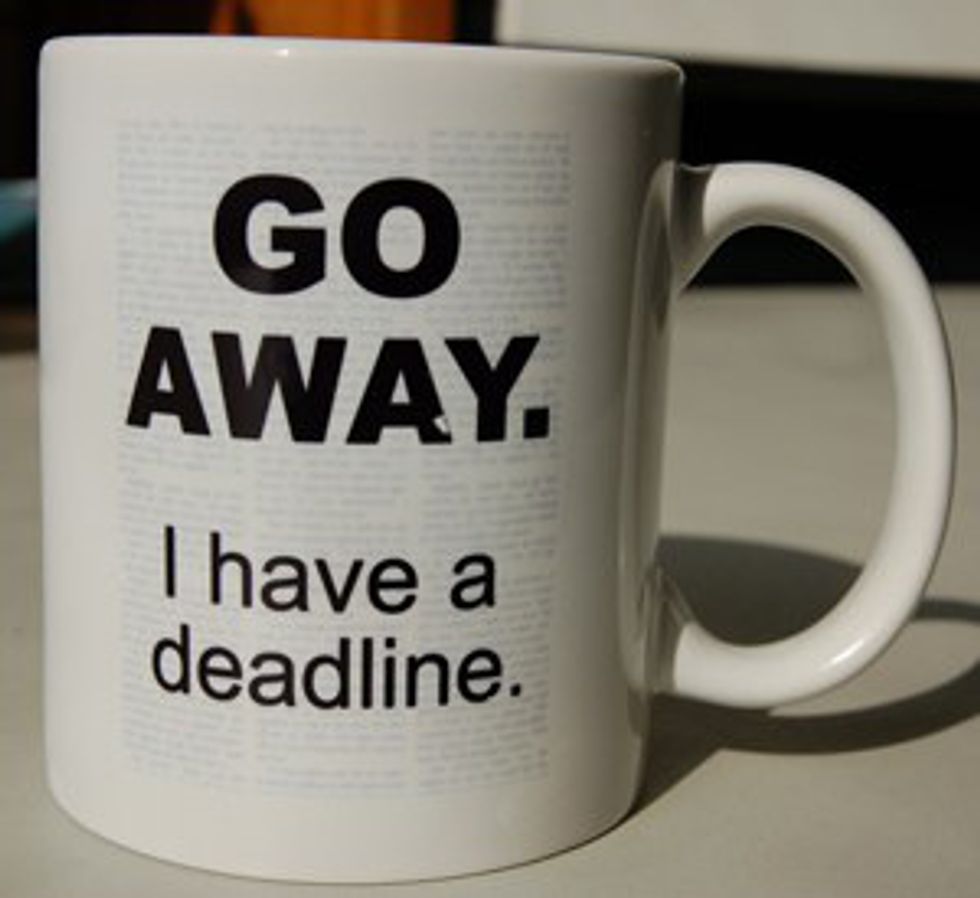It can happen to even the most creative of us. You're sitting at your computer, and you have an article or paper or something due. You sit there and stare at that empty screen as the cursor in the left-hand corner blinks and haunts you. The minutes that go by as this happens can feel like hours, and the hours can feel like days. You promise yourself you won’t leave to do anything else until you have at least started, but even that doesn't seem to work with all the distractions we have nowadays. Writer's block hits us all at one point or another, and when it does, overcoming it can seem daunting, perhaps because it's a battle within your own mind, but with time and patience, it can be won.
Figuring out what's causing it is important.
Recommended for you
There are several different reasons why anyone can have writer's block. One of the most common ones I find is this need a lot of us have to be perfect; after all, our writing is in a way a representation of who we are. Whether it’s wanting to get an A on that paper you are about to hand in or not wanting to sound dumb to others who might read your writing, the need for your writing to be perfect can really hold you back. It’s understandable that we all want our writing to be perfect, though, because it, in a way, is a representation of ourselves. We tend to over-think when we try to be perfect, and this, in turn, makes us never want to write because of fear.
Just write!
The key to getting yourself out of writer's block, believe it or not, is to write. It could be about anything, even — dare I say — about writer's block and how it makes you feel. You could also write about one of those ideas that you don't feel as confident about. Who knows! With some time good revisions, it could turn into a masterpiece. The point of continuing to write is to keep yourself thinking, even if later on you end up trashing what you worked on. l myself have an easier time coming up with ideas for articles when I'm in school and not home for the break. This is because the brain, like anything else, is a muscle that needs to be worked.
Give yourself a break.
Sometimes it's just best to put the pen down for a while and do something else, because a frustrated brain certainly doesn't work well at all. While you are taking a break, looking at other good pieces of writing can help. Just make sure you don't compare your writing with others, because everyone writes differently, just as we all speak differently. In the end, if the break you took was a successful one, you will come back to what you were working on with a new open mindset.
Give yourself a deadline, and make sure it is a strict one!
There is a reason why most of us who have a paper due in high school or college wait until the last minute to write it. There is indeed a method to all the madness. Our brains work well under pressure, just as long as it is not too much pressure. Deadlines have a way of motivating us in a way nothing else can; perhaps it's the slight endorphin rush we all get knowing we have a limited time to complete something. Either way, having a strict deadline makes it so you can’t second-guess yourself, which is something most of us writers do, since writing is one of those things that can forever be improved upon. In all reality, why we procrastinate makes sense.
In the end, writer's block is all in our heads, and telling ourselves we have it can sometimes make it worse. I’d finish this conclusion, except for I have writer's block.





















